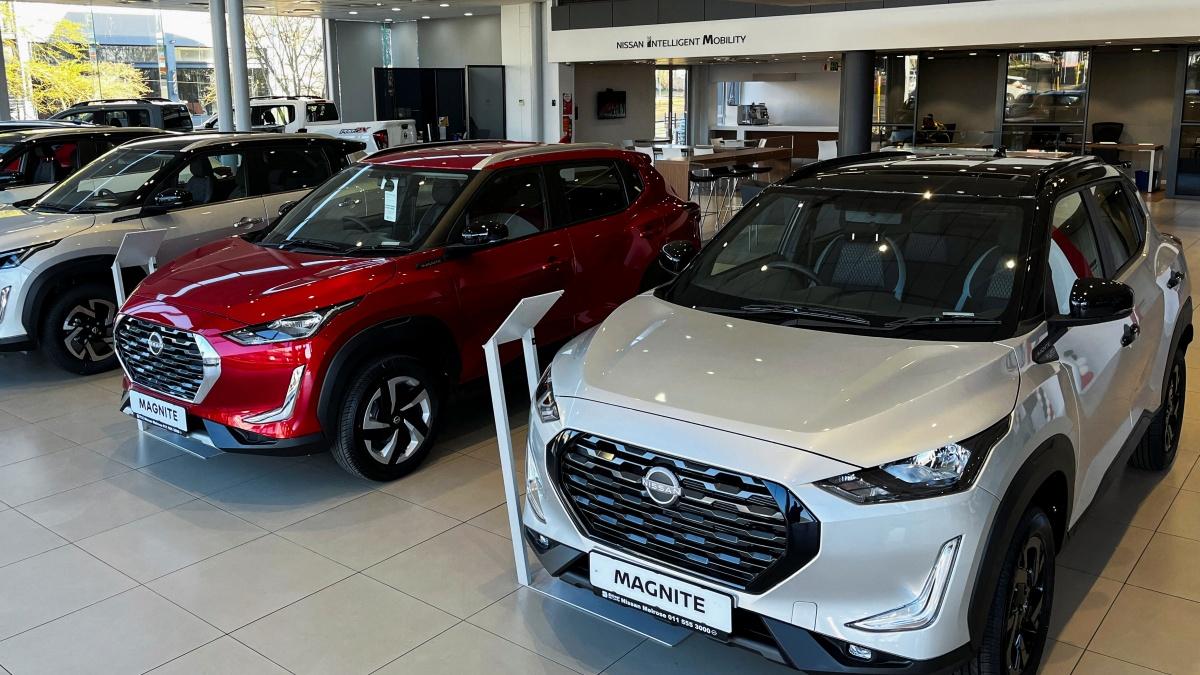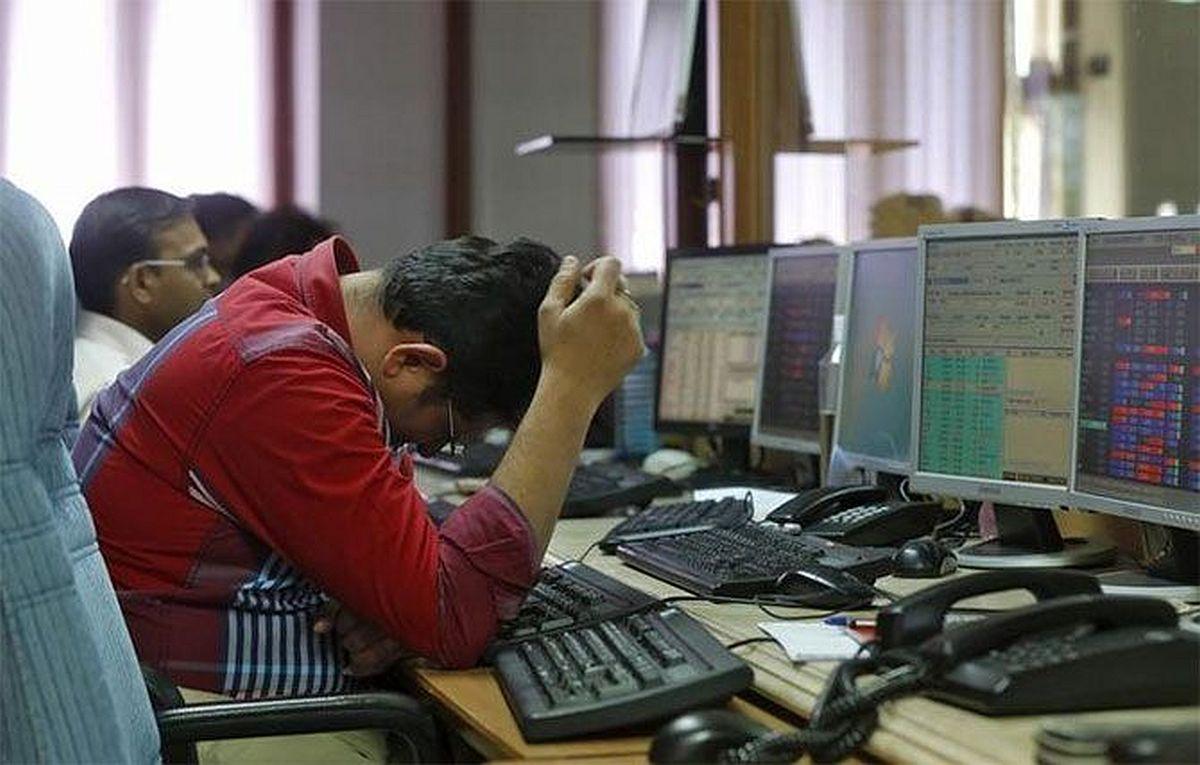Siam argues that a 2040 ban could destabilise ongoing and future investments and threaten millions of jobs in the automotive value chain.

Kindly note the image have only been published for representational purposes. Photograph: Siphiwe Sibeko/Reuters
The Indian automobile industry has urged the government to defer the proposed ban on the sale of internal combustion engine (ICE)-based four-wheelers from 2040 to 2055, sources familiar with the matter told Business Standard on Thursday.
Earlier, the Bureau of Energy Efficiency (BEE) had proposed, during discussions on upcoming fuel-efficiency norms, that the sale of ICE-run four-wheelers be halted by 2040 — with the aim of making Indian roads ICE-free by 2055, assuming a 15-year average vehicle lifecycle.
The proposal has met with resistance from the automobile industry, with its apex body, the Society of Indian Automobile Manufacturers (Siam), flagging concerns over the economic ramifications of such a move.
According to sources, Siam has argued that a 2040 ban, implemented without wide-ranging consultations and rigorous socioeconomic impact assessment, could destabilise ongoing and future investments and threaten millions of jobs in the automotive value chain.
The industry has conveyed to the BEE that it continues to rely heavily on ICE vehicles.
The auto sector contributes over 6 per cent to India’s gross domestic product (GDP), accounts for more than 40 per cent of manufacturing GDP, and supports over 30 million jobs.
It also attracts significant foreign investment and contributes substantially to tax revenues.
The BEE proposal was part of deliberations on the upcoming third and fourth phases of the Corporate Average Fuel Efficiency (CAFE) norms — regulations aimed at reducing vehicular emissions by mandating average fuel consumption standards across automakers’ fleets.
While CAFE-I and CAFE-II are already in force, CAFE-III and CAFE-IV remain under discussion among BEE, the Union power ministry, and industry stakeholders.
Senior government officials confirmed that a BEE presentation included a suggestion to phase out ICE vehicle sales by 2040 to meet the 2055 zero-ICE fleet target, aligning with India’s broader goal of achieving net-zero carbon emissions by 2070.
However, sources said the auto industry recommended this timeline be tightly aligned with India’s net-zero target.
Given the average 15-year life of a vehicle, Siam argued that the sales of ICE vehicles could continue until 2055 without derailing the country’s decarbonisation road map.
Siam also urged the BEE to engage in broader consultations involving other relevant arms of the government, including the NITI Aayog, the Ministry of Road Transport and Highways (Morth), and the Ministry of Heavy Industries (MHI), to assess the full economic and employment impact.
Drawing parallels with international trends, Siam pointed to developments in the European Union (EU), where a proposed 2035 ban on ICE vehicles was under review.
Citing factors like slower consumer adoption of zero-emission technologies, electricity decarbonisation challenges, and even potential penalties of 16 billion euros facing EU carmakers next year, the industry highlighted the complexity of transition timelines.
“Europe has a per-capita income five times higher than India, 42 times more public charging infrastructure, and a significantly cleaner grid. Yet, many European carmakers are falling short of their own fuel-efficiency targets,” said an industry executive who did not wish to be named.
Siam did not respond to Business Standard’s queries on the matter.
In 2024-25, a total of 4.15 million passenger vehicles were sold in India — 4.86 per cent more than a year earlier — according to the Federation of Automobile Dealers Associations (Fada).
However, electric vehicle (EV) penetration in this segment — up only slightly from 2.31 per cent in 2023-24 to 2.59 per cent in 2024-25 — remains low.
According to sources, the government has not yet taken a final decision on a ban on ICE vehicle sales, and intense deliberations on the next phase of CAFE norms are ongoing.
A sharp divide has already emerged within Siam over weight-based exemptions under the upcoming CAFE norms, with Maruti Suzuki seeking relaxed fuel-efficiency targets for small cars under 1,000 kg, arguing that stringent norms were hurting affordability and undermining the viability of entry-level models.
Several other passenger vehicle manufacturers, on the other hand, have pushed back, warning that such a move would unfairly benefit a few carmakers like Maruti which still have small cars like hatchbacks and compact sedans in their portfolio, while forcing others to invest heavily to comply with CAFE-III and CAFE-IV norms.
In a contrasting stance, the same group of manufacturers — through Siam — has collectively urged the government to exempt N1-category light commercial vehicles (LCVs) from the CAFE norms.
Siam has argued that LCVs, which face low electric vehicle (EV) adoption, weak sales, and limited affordability, deserve special regulatory treatment.
Tata Motors, Mahindra & Mahindra and Ashok Leyland are the leading players in the N1 LCV segment, which comprises goods carriers with a gross vehicle weight of less than 3.5 tonnes.
Feature Presentation: Rajesh Alva/Rediff




